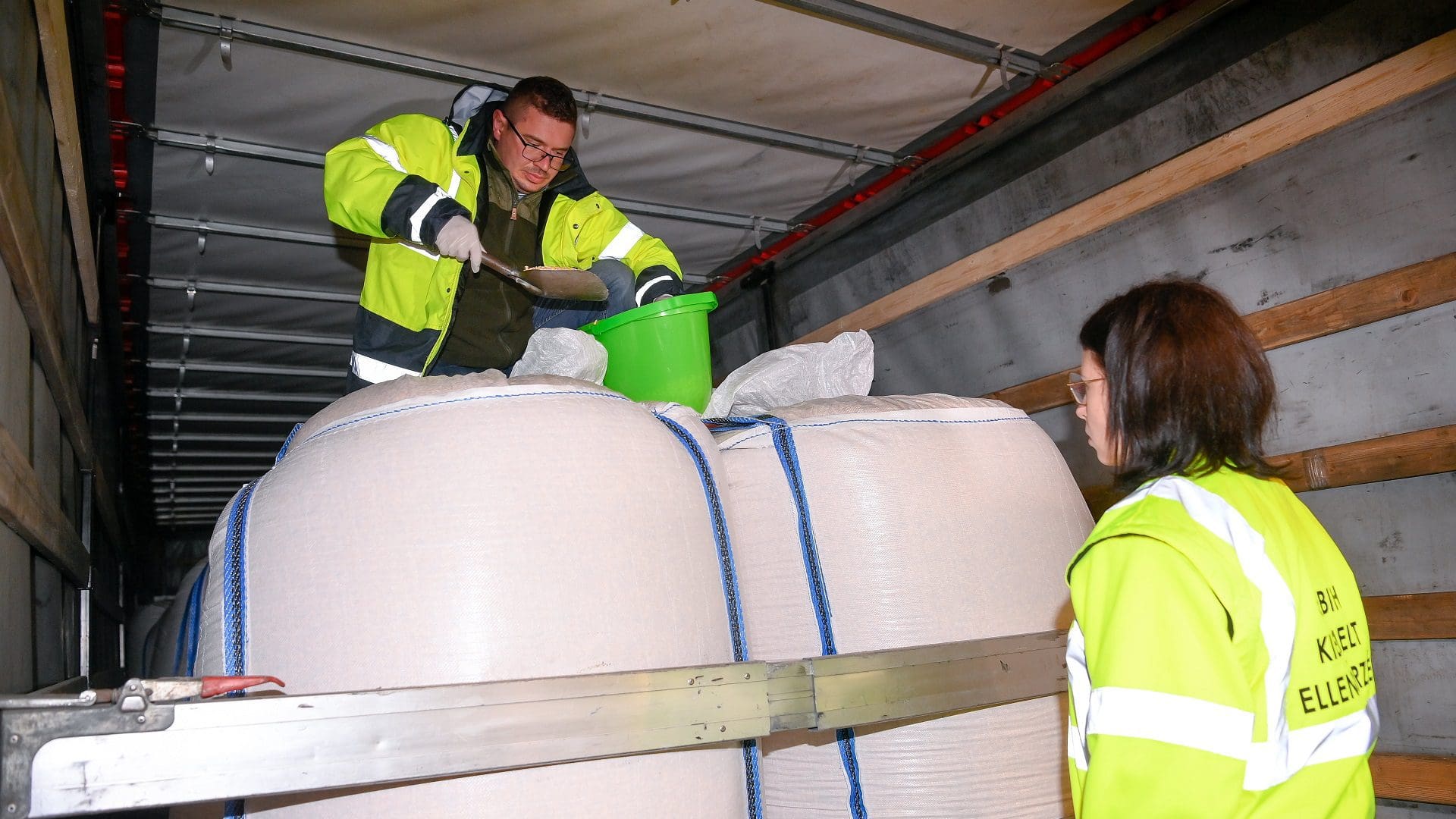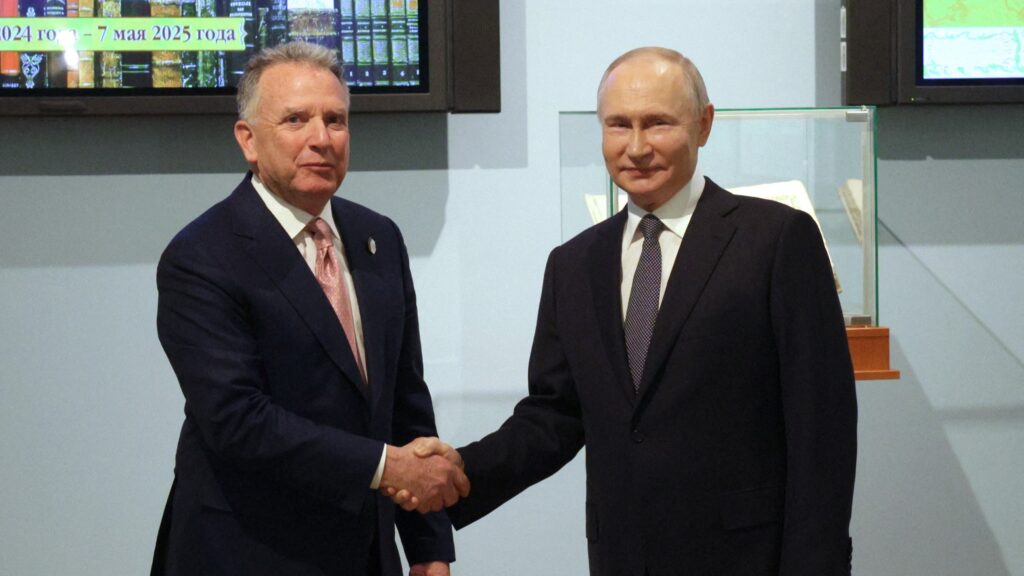In recent months, Ukrainian grain of much lower quality than EU grain has been poured into the EU uncontrollably, causing huge indignation and despair not only in Hungary, but also in several other countries in the Union, including Poland.
According to some estimates, the loss for Hungarian agriculture is approaching one hundred billion forints, which is caused by the previously accumulated Ukrainian grain. What further complicates the situation is the fact that
the EU import ban on Ukrainian grain expires in September.
There is speculation that if Ursula von der Leyen allows the measures to lapse, the countries concerned could impose a unilateral import ban. Regarding the import ban, they have already spoken out at the government level in Hungary. Minister of Agriculture István Nagy promised the government will protect Hungarian farmers, and therefore if the Commission fails to act, they will extend the import ban on Ukrainian agricultural products nationally if necessary.
The date of expiry of the EU import ban is fast approaching, so the European Union must act quickly on this issue. However, Ukraine is not standing idly by either, as the warring country has decided to take a radical step.
Ukraine Threatens EU with Lawsuit
Ukraine is threatening to take Brussels and EU member countries to the World Trade Organization if they fail to lift restrictions on its agricultural exports to the bloc this month.
The country’s grain exports—its main trade commodity—are currently banned from the markets of Poland, Hungary and three other EU countries under a deal struck with the European Commission earlier this year to protect farmers from an influx of cheaper produce from their war-torn neighbour.
Taras Kachka, Ukraine’s deputy trade minister, told POLITICO that if new bans come, they will take the matter to the WTO. Kyiv says the restrictions violate the 2014 EU-Ukraine free trade agreement. ‘In the spirit of friendship and solidarity between Ukraine and the EU, we do not intend immediate retaliation,’ Kachka said, but went on to reiterate that they were ready to turn to the WTO.
What’s Wrong with Ukrainian Grain?
After the outbreak of war, Ukrainian grain could not get out of Ukrainian ports to the global market due to the Russian blockade. Ukraine’s neighbouring countries, including Hungary, have opened solidarity corridors where shipments would be transported by land to EU ports and then to their original destinations. To make it easier,
the European Union introduced duty-free measures on Ukrainian produce and products, but this proved to be a disastrous decision.
At the same time, Ukrainian grain arriving in Hungary poses a risk not only from a food security point of view: the dumping of cheap crops causes market disruption. In the summer of 2022, the EU suspended tariffs on goods from Ukraine in order to allow Ukrainian grain to continue shipping to third countries. As a result, crops were allowed to flow freely into the EU, but the quantities originally intended for Africa and Western Europe did not go any further. Instead, they were released to the Central European market, which was saturated with Ukrainian grain, sunflower, and rapeseed.
Ukrainian grain often does not comply with EU standards and poses a health risk, as many pesticides and other substances that have been banned in the EU for decades are used in Ukraine. So, while EU farmers have to produce according to strict standards—at significant additional costs—the quality of the incoming imports is highly dubious and can even be dangerous to health.
If the Commission Fails to Act Again, Member States Will
EU member states neighbouring Ukraine have been asking the European Commission for months to take action on Ukrainian grain, which is now flooding the EU market in uncontrollable quantities and quality, but no substantive action has been taken by the College of Commissioners. The exemption from customs duties caused huge chaos in the agricultural markets of the six Member States.
Western member states continue to emphasize solidarity with Kyiv, but they increasingly recognise the need to find a long-term solution to protect the EU's internal market that can sustain free trade.
In light of this, we can hope that, under pressure from Western Member States, the European Commission will come to a better understanding and take meaningful measures in this matter. If this does not happen, there is a good chance that Member States will once again make decisions on their own to protect their farmers.








